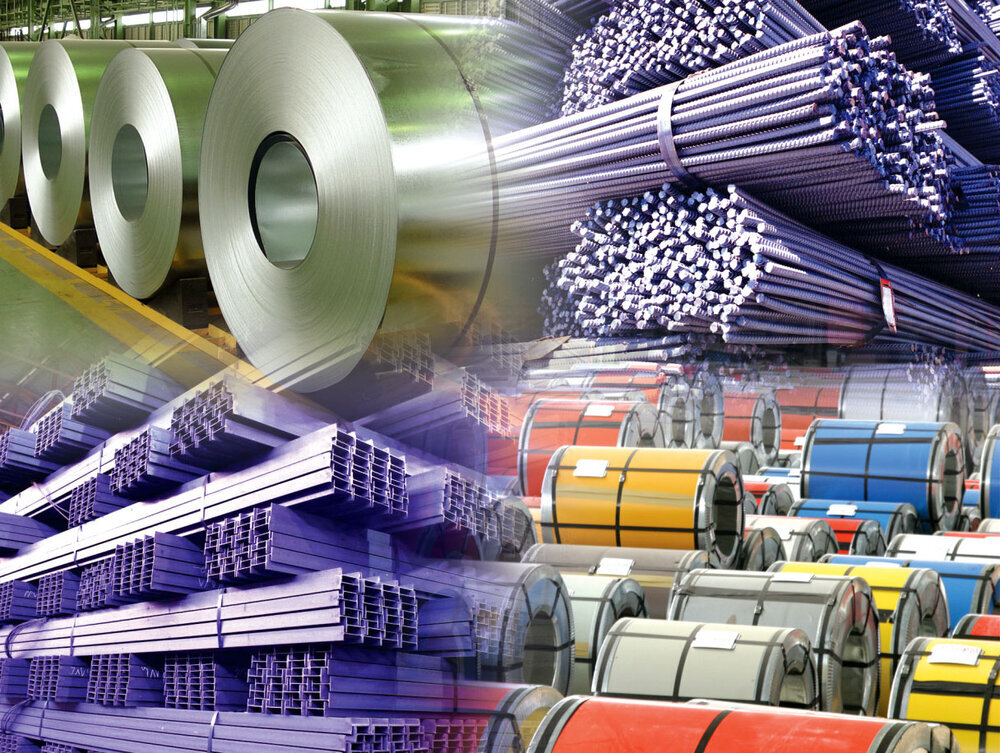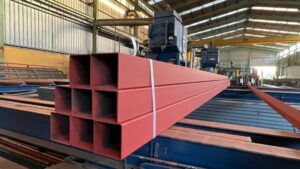Nine large companies, including European steel rerollers and traders, have written a joint letter addressed to the European Commission Sept. 27 underlining the risk “of sanctioning input materials for the rerolling business model in Europe.”
There would be “consequences of a potential import ban on semi-finished steel products,” such as slabs, billets, and blooms from Russia, according to the letter, seen by S&P Global Commodity Insights.
Market source said the letter is in response to some European steel producers who have written to the EC calling for sanctions on Russian semi-finished product imports and trade measures in the form of antidumping or anti-subsidy duties.
The EU previously banned imports of finished steel from Russia as part of wider sanctions following its invasion of Ukraine. Some semi-finished and raw material suppliers in the EU have also been hit by those sanctions on specific Russian companies and individuals.
The EC did not immediately respond to S&P Global’s request for comment.
More than 80% of the EU’s steel semi-finished steel products come from Russia and Ukraine, according to the letter.
“But today due to the temporary stoppage of the Ukrainian plants, there is no other real option for substituting the supply with alternative producers (in 2022 the supply from Russia has also reduced due to sanctions against individual Russian companies),” the letter said.
Europe and third country producers, such as China, Brazil, and India, among others, could not ensure a stable supply of necessary feedstock in terms of sizing or pricing, the letter said, adding that, “available alternatives to the Russian semi-finished steel products include a few sanctioned steel producers in Iran and several producers in the Americas that are fully booked for the needs of the US and Mexican markets.”
The letter said new steelmaking and casting capacity in Europe that can produce semi-finished products, such as slabs, billets, and blooms, for independent rerollers would take at least three to four years to install and require large investments.
If the EC bans Russian semis, EU rerollers will have “no other alternative than to substantially reduce their facilities’ production level or shut down operations in the worst-case scenario,” resulting in unemployment and price spikes.
Any ban could also jeopardize the EU’s green transition and further exacerbate the region’s exposure to foreign gas, as some EU rerollers are among those supplying the renewable energy sector.
The Platts weekly FOB Black Sea slab price assessment stood at $445-$455/mt Sept. 23, declining 23% from $580-$590/mt at the beginning of 2022. Russian slab and flat-rolled steel exporters mainly target the Turkish market, with their slab prices lower than the competition, according to S&P Global.
Platts, part of S&P Global, assessed import slab in Southern Europe at $600/mt CIF Italy Sept. 23, down $35/mt week on week, and plate in Southern Europe at Eur1,000/mt ex-works Italy Sept. 23, unchanged on the week.
— Annalisa Villa, Maria Tanatar






